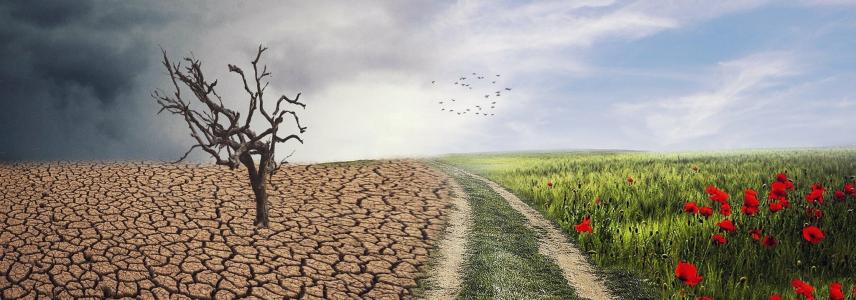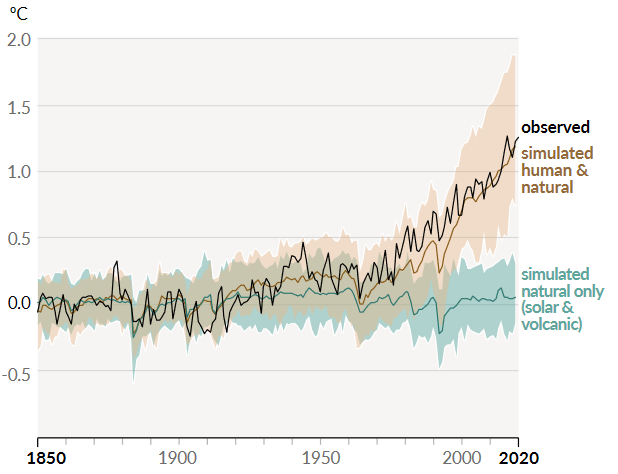Climate change: The biggest fresh sector challenge after the pandemic

Fresh sector producers are only just recovering from the COVID-19 pandemic, but they face another global challenge. Climate change is impacting food production more and more. The sector has shown flexibility during the pandemic. But will it continue to adjust to the challenges ahead?
The vulnerability of the fresh industry
COVID-19 showed us how adaptable food producers and exporters are. They adapted to accelerating trends such as e-commerce, healthy eating and the increasing preference for local and organic products. But it also revealed the vulnerability of the fresh industry. Right now, the industry is focusing on recovering after the pandemic. Yet, the real challenge may lie in the long term effects of another significant issue: climate change.
Global warming will be the next challenge for producers of fresh products. The Intergovernmental Panel on Climate Change (IPCC) report concludes that human influences have warmed the climate faster than ever before (see figure 1). Climate change will cause more frequent weather extremes such as heatwaves, droughts and flooding. These changing conditions mean that agri-food systems need to change. And with a growing global population, improving the availability and productivity in the fresh sector is essential.

Figure 1: The change in global surface temperature through the years. Source: IPCC, 2021: Summary for Policymakers.
Worldwide effects of global warming
In Europe, the Mediterranean is one of the regions most affected by climate change. It is also the region responsible for a large share of Europe’s fresh fruit and vegetable production. The decrease in available water has become a huge problem for food production in the area. But global warming does not limit itself to Europe.
In Africa, the temperature is increasing faster than anywhere else. Large parts of Africa will experience intense rainfall and flooding in the coming decades. The website Floodlist shows that recent floods have affected more than 700,000 people in Sudan and South Sudan. In Chad, flooding has affected 250,000 people. In Southern Africa, heatwaves and a lack of rain have led to drought.
In Latin America, countries like Chile and Peru are struggling with drought as well. Avocado producers in Chile have taken measures to deal with the decrease in rainfall. They have deepened their wells and invested in high-tech irrigation, such as drip irrigation and micro-sprinklers. Data has become essential to regulate irrigation and minimise water use for crop management. Sensors measure soil moisture and plant stress. Weather stations help predict upcoming heatwaves.
How digital technologies can help
As a fresh supplier, you must do everything you can to maintain sustainable and reliable food production. Trading fresh fruit and vegetables with Europe is already challenging due to the many rules and regulations. COVID-19 has increased the production and logistics costs, and the permanent effects of climate change increase supply risks even more. Besides this, consumers demand more sustainably made products, which can be an extra challenge for the production process. It is essential to keep innovating and reduce risks.
Digital technologies like precision agriculture can help you adapt to the challenges. Data and sensors help improve the efficient use of water, fertilisers and agrochemicals. Have a look at CBI’s tips on how to go digital for an overview of available digital technologies.
Learn more
Would you like to know more about climate change and its effect on the fresh sector? Read the following articles:
- United Nations - Climate Change Is an Increasing Threat to Africa
- The Conversation - Insights for African countries from the latest climate change projections
Stay informed
To stay informed on the latest developments in the processed fruit and vegetables sector, subscribe to our newsletter.
ICI Business wrote this news article for CBI.